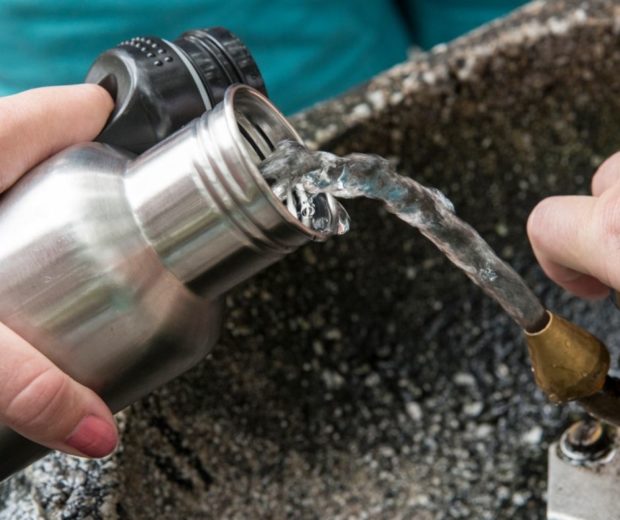
MANILA, Philippines — Congress must pass a new plumbing law to ensure that good quality water is made available to all Filipinos, Manila 3rd District Rep. Joel Chua said on Thursday.
Chua, who delivered a speech at the 18th National Convention of the Philippine Society of Master Plumbers, said that the country’s plumbing laws are outdated, having been passed in 1955.
“Much of the country’s waterworks and sewerage systems are ancient, dating back to the post-war era, pre-war, and even as far back as the 19th century and further back. Although some aspects of building and home plumbing in the 1955 law were amended accordingly by the National Building Code and the resulting rules and regulations, including the rules on structural engineering, much of the 1955 Plumbing Law remains in effect,” he said.
“Sixty-eight years ago, way back in 1955 when the Plumbing Law took effect, there were only the beginnings of government housing projects, there were no housing subdivisions and townships like the ones we have now, there were no high-rise offices and residential condominiums, there were no massive factories, industrial estates, skyways, expressways, multilane bridges with aqueducts, mini-hydro facilities, micro-hydro installations, and no solar-heated water for homes, and rainwater collection facilities for various types of homes and buildings,” he added.
According to Chua, it is concerning that the country has a lot of water purification shops and a high demand for bottled water — which only indicates that the country’s water system is not potable due to possible contamination.
He likewise pointed out that the country’s water districts — which provide households water for home use — are few considering the estimated national population of 110 million.
“Most worrying is that the country has only 530 water districts that are operational, and their coverage is only 23.8 million of the Philippine population of 110 million — individuals and corporate persons included. The LGU (local government unit) coverage of these water districts total only 647 cities and towns,” Chua said.
The lack of a clean water supply poses many health risks, the lawmaker said, because it is being used to clean and disinfect.
“This situation has tremendous public health implications because it means those 86 million Filipinos source their water through other means—mostly from deep wells, water pumps, rivers, and streams — where the water quality and safety is seriously in doubt, leading to the high incidence of diarrhea and polio, and other water-borne diseases,” Chua added.
While there have been bills filed seeking to reassess the country’s several construction laws like the existing building code, no proposal for a new Plumbing Act — to amend Republic Act No. 1378 or the Plumbing Law — has been filed.
Chua asked the Philippine Society of Master Plumbers to help lawmakers craft a law that will address the safety concerns regarding the provision of water services.
“Help us in Congress improve your station in life by suggesting how we can craft a new Plumbing Law designed for the 21st Century we now live in and with mechanisms for improvements that are not cumbersome or entail red tape,” he said.